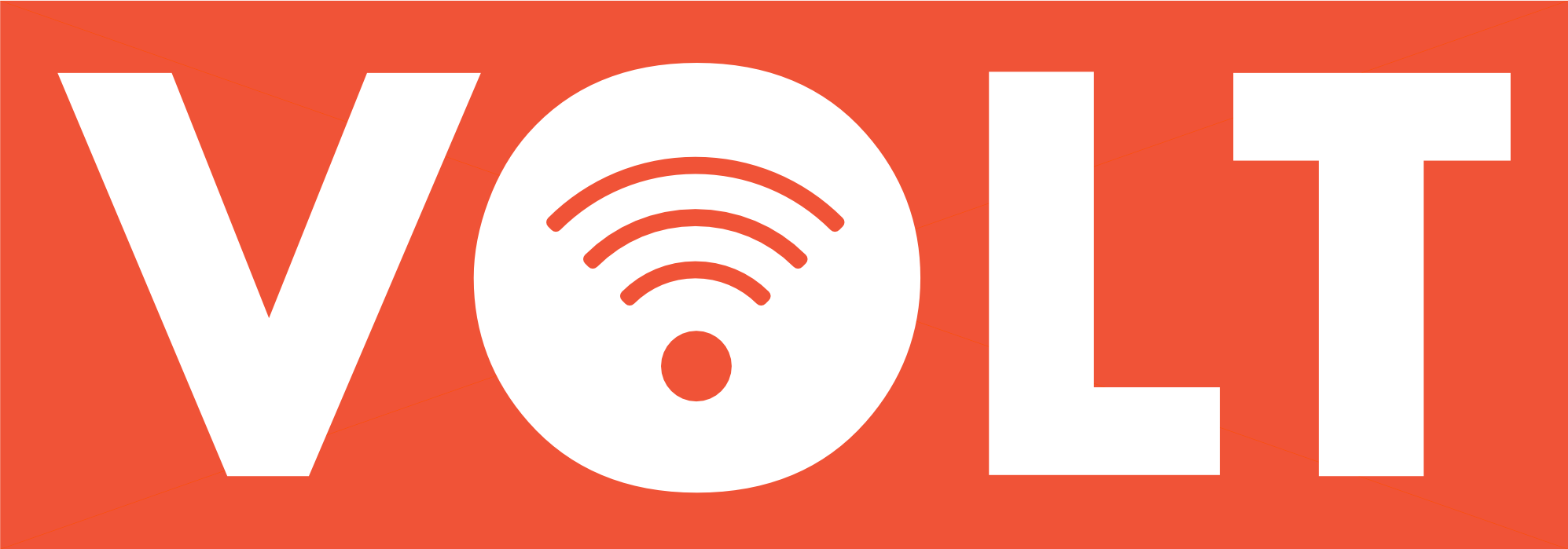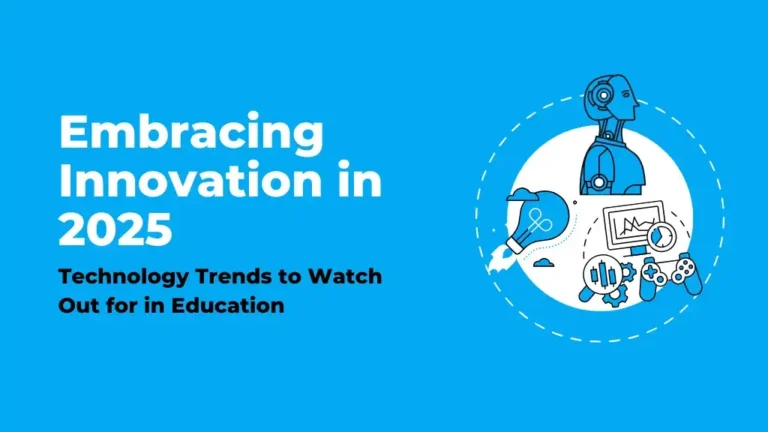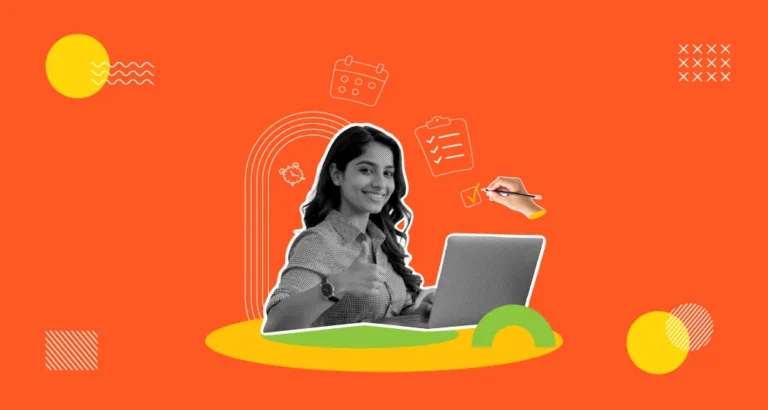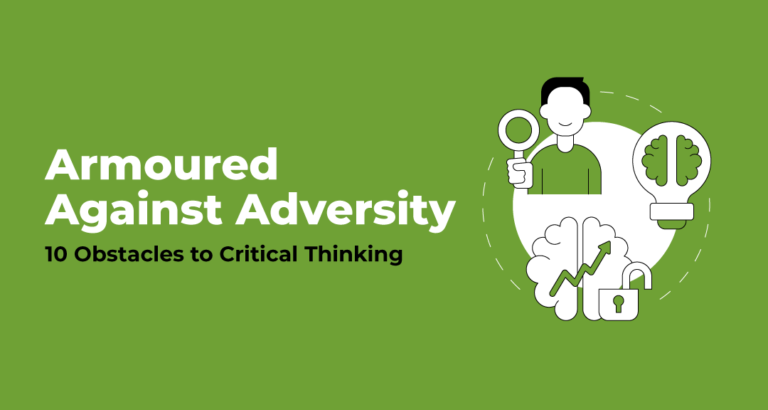Experiential learning: Teacher's Guide to Learning By Doing
- School Leaders, Teaching
- November 23, 2024
- VOLT Learning
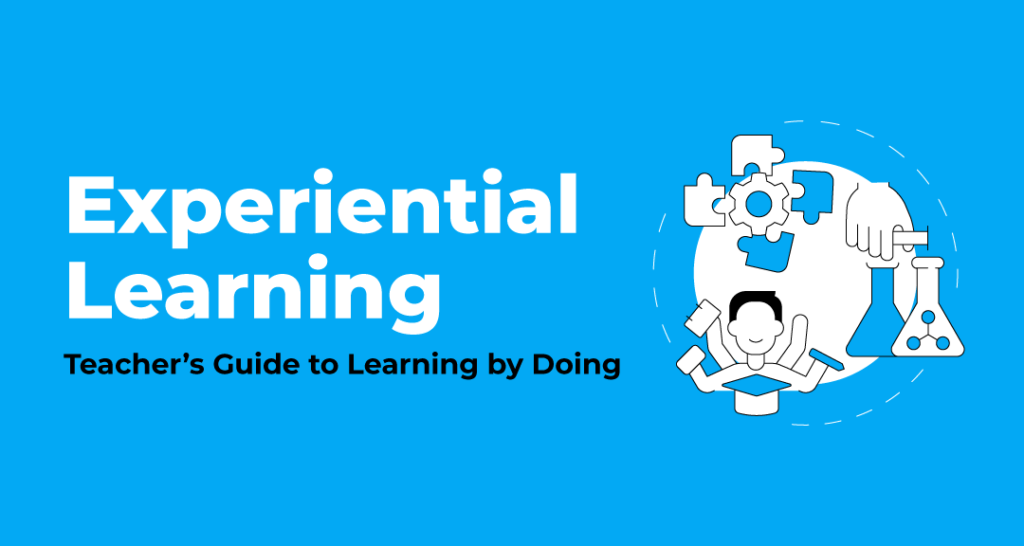
In India, where classrooms have long relied on memorization and standardized tests, a new wave of education is challenging the status quo. It’s called ‘Learning by Doing, Actions and Exploration’ – one of the widely recognized and influential methods educators rely on worldwide.
Benjamin Franklin wisely stated once, “Tell me and I forget, Teach me and I remember, Involve me and I will learn.” Similarly, the renowned Sadhguru also believes that “Experience is the key to learning; without it, it’s impossible to gain perspective.” In a traditional classroom, knowledge is often trapped in books and lectures.
Experiential Learning (EL) replaces the chalk-and-talk method by connecting theories and knowledge to real-world situations. Students get concrete experience, which further helps them develop reflective observation and abstract conceptualization.
This methodology is aligned with the National Education Policy 2020 (NEP 2020), which emphasizes holistic development, creativity, and the application of knowledge through active learning methods.
The Benefits of Experiential Learning (EL) are Undeniable
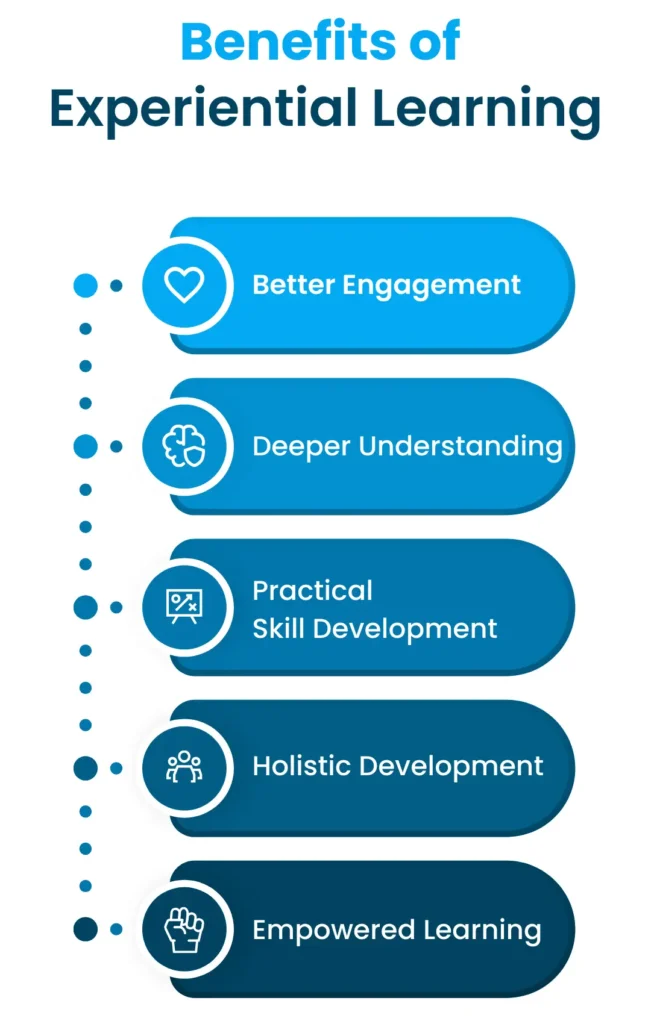
- Better Engagement: Students become more engaged when actively involved in hands-on learning. Experiential learning manifests knowledge and helps students gain perspective through real-life situations like field trips, experiments and project-based tasks.
- Deeper Understanding: Students who get engaged through learning through experiences can also retain the concepts lifelong as they develop a deeper understanding of a subject compared to passive listening or reading in the classroom.
- Practical Skill Development: Beyond theoretical academic-based proficiency, learning by doing and exploration allows students to develop vital practical skill sets. EL strengthens problem-solving, critical thinking, conflict resolution and teamwork by allowing students to analyze real-world challenges beyond academic knowledge.
- Holistic Development: EL naturally grooms the students in a well-rounded manner by supporting their growth across different dimensions, including cognitive and emotional intelligence, social collaboration, and physical strength. Interestingly, the roots of Experiential Learning are deeply connected with the National Education Policy 2020 goals for the holistic development of students.
- Empowered Learning: EL shifts the role of the teacher from an instructor to a facilitator. It empowers students to take ownership of their learning, build self-confidence, and approach challenges with creativity and resilience.
To understand how EL works in practice, we can examine David Kolb’s Experiential Learning Theory (ELT), which provides a framework for learning.
David Kolb’s Experiential Learning Theory
David Kolb’s Experiential Learning Theory (ELT) is a foundational framework for understanding how holistic learning develops in students through learning by experience. The foundation of this notable theory stands firmly on the four pillars:
- Concrete Experience by engaging students actively in a new real-world situation wherein they can immerse in an experience that requires exploration of their senses and emotions.
- Reflective observation allows them to think, observe, and analyze the situation to understand what went well, what didn’t, and how they felt. This helps gain better awareness, identify gaps and create new perspectives.
- Abstract Conceptualization is achieved by establishing a strong connection between students’ observations of conceptual theories and their reflections and experiences based on what they’ve learned via broader application.
- Active Experimentation helps students turn theoretical knowledge into actionable learning by taking risks, experimenting with their understanding, and validating the proficiency gained.
When the students undergo such a cyclical process of experiential learning, they attain continuous improvement in their understanding levels, which results in holistic development while gaining self-assurance in their capabilities of risk-taking and adaptability in the learning process.
Implementing Experiential Learning in the Classroom
While the theory behind Experiential Learning is clear, the implementation makes a difference. In the classroom, teachers can incorporate EL through various methods that actively engage students:
Project-Based Learning (PBL): As the name suggests, this approach focuses on assignments that engage students in real-life problem-solving activities and use concepts learned in class. Students are encouraged to integrate academic knowledge with practical application through research, collaboration, problem-solving, and teamwork to apply their knowledge to deliver tangible results.
Field Trips and Outdoor Learning: Organized trips that may provide practical exposure to the students, such as a trip to a museum, nature walks, a manufacturing plant, or a local business facility, can provide invaluable learning opportunities. These experiences help young learners connect their academic knowledge with real-life scenarios, thus turning the entire theoretical learning into a practical exploration.
Role-Playing and Simulations: By involving students in role-playing activities and simulation exercises, students can develop new perspectives and critical thinking by applying their classroom learning to hypothetical or real-world situations. For instance, students can act out historical scenarios, engage in mock debates, or participate in business negotiations.
Peer-to-Peer Learning: Student involvement in group activities is effective in creating peer-to-peer communication. It also plays a crucial role in enhancing content comprehension by developing practical skills like critical thinking, teamwork, and effective communication.
Service Learning: Once the students are given projects that require them to go out and serve as agents of change in the community, they learn through the process. They develop a sense of empathy and responsibility.
All of these approaches help cultivate essential practical skills in the students and nurture them as competitive individuals ready for future challenges.
Success Stories: Experiential Learning in Action
Across India, several organizations and schools are successfully implementing Experiential Learning, creating lasting impacts on students’ educational journeys. Here are a few examples:
- Azim Premji Foundation: The Azim Premji Foundation is dedicated to improving education in rural areas. As part of its mission, the Foundation trains teachers and sends them to rural schools where they use EL to make education more relevant and engaging for students. Teachers under this foundation are well empowered with relevant resources to turn traditional education practices into experiential learning so students can easily resonate.
- The Akshar Foundation: In remote areas, the Akshar Foundation is another prominent name committed to making learning more accessible and skill-based by smartly applying the “Learning by Doing” methodology. During this process, they engage students in numerous hands-on activities, community projects, and local context-based learning to empower young learners with their environments and implement their learnings to address real-world challenges.
- Keen Learners Academy: In urban settings, Keen Learners Academy is the preferred choice for engaging students in project-based learning experiences. Whether creating prototypes, launching mini-businesses, or solving community problems, this foundation is crucial in providing young students with the right opportunities to implement their learning and cultivate essential life skills, which make them confident enough to deal with future challenges.
These success stories demonstrate that Experiential Learning is possible and impactful in diverse settings, from urban schools to rural classrooms.
Final Words
Experiential learning is a powerful educational approach that enhances student engagement, fosters skill development, and prepares learners for real-world challenges. The emphasis on holistic development in the National Education Policy 2020 (NEP 2020) aligns perfectly with India’s vision of transforming education. By actively involving students in their learning journey, teachers help students acquire not only academic knowledge but also key life skills like critical thinking, creativity, and problem-solving.
Teachers looking to bring the magic of experiential learning into their classrooms can leverage VOLT and get instant access to a diverse range of digital resources on Experiential Teaching and learning methodologies to turn ordinary classroom sessions into an interactive, engaging, and hands-on experience.
So what are you waiting for? Level up your teaching practices and empower students with a more meaningful learning experience with VIVA VOLT today. Happy Teaching!!
